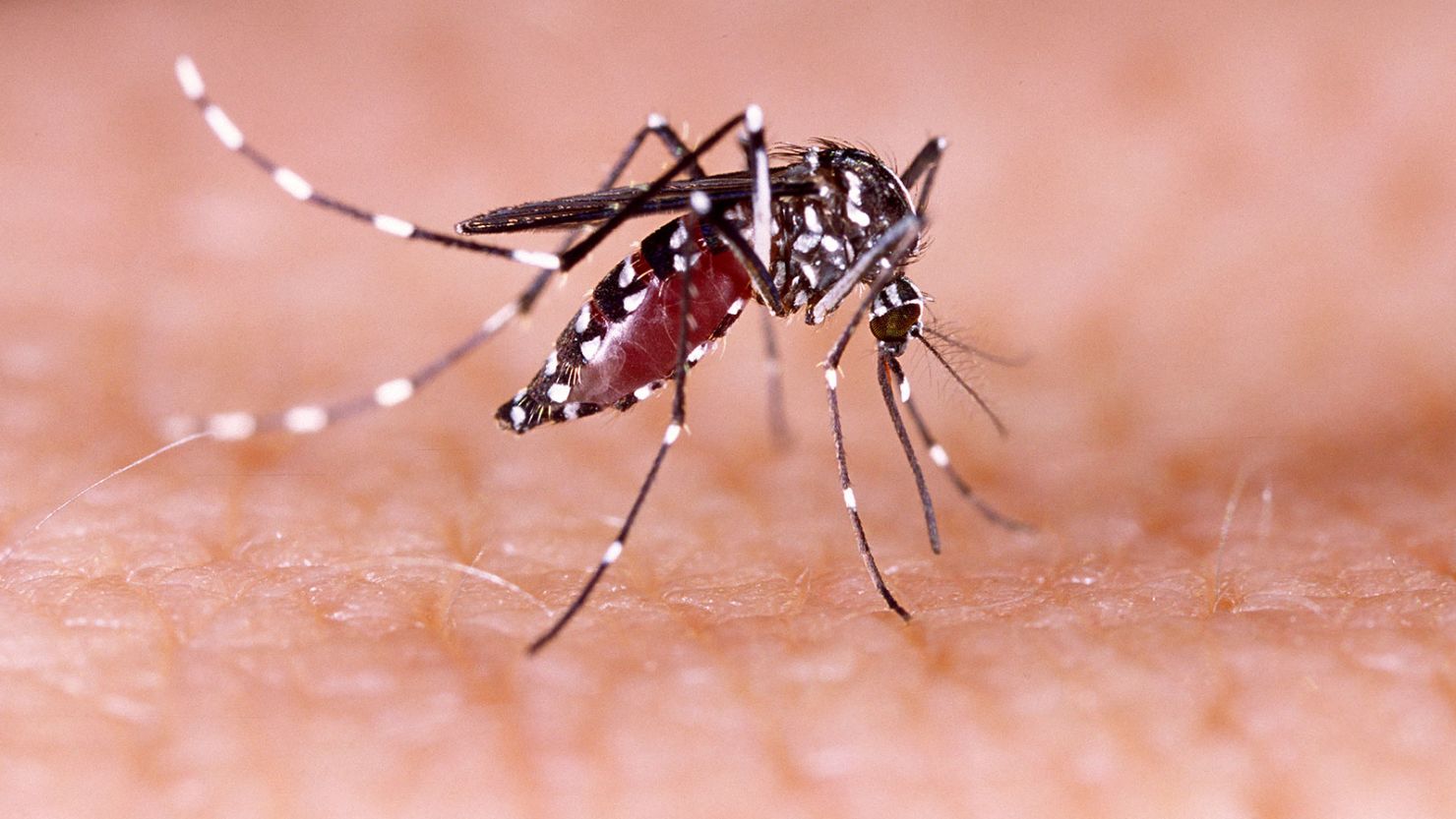Texas is currently grappling with a severe public health crisis as a deadly outbreak of dengue fever continues to escalate across the state. According to alarming reports from the Texas Department of State Health Services, the number of confirmed dengue fever cases in 2023 has skyrocketed, reaching nearly 60 cases. This surge represents a significant uptick compared to previous years, raising concerns among health officials and the public alike.
Dengue fever, typically found in tropical and subtropical regions, has unexpectedly found a foothold in Texas, posing substantial risks to communities. The virus is transmitted primarily through the bite of infected Aedes mosquitoes, which thrive in warm climates and urban settings.
Symptoms of dengue fever can range from mild to severe, including high fevers, severe headaches, muscle and joint pain, and, in severe cases, potentially fatal complications such as hemorrhagic fever and dengue shock syndrome.
The Centers for Disease Control and Prevention (CDC) has issued advisories urging residents to take preventive measures, such as using insect repellents, wearing long-sleeved clothing, and eliminating standing water where mosquitoes breed. Early detection and prompt medical intervention are critical in managing dengue fever cases to prevent further transmission and mitigate its impact on public health.
Health authorities are working tirelessly to contain the outbreak through enhanced surveillance, community outreach, and mosquito control efforts. They emphasize the importance of public awareness and cooperation in preventing the spread of dengue fever, particularly as warmer temperatures and increased rainfall create favorable conditions for mosquito breeding.
Read More:
Tragic Incident Unfolds: Mother Accused of Drowning Two Children!
State Refuses Extra Federal Money for Summer Food Programs!
8 Puppies Were Saved from A Carrier that Didn’t Have Water on A 100-Degree Texas Day!
As Texas faces this unprecedented health challenge, vigilance and proactive measures remain crucial in curbing the spread of dengue fever and protecting communities from this potentially life-threatening disease.







+ There are no comments
Add yours